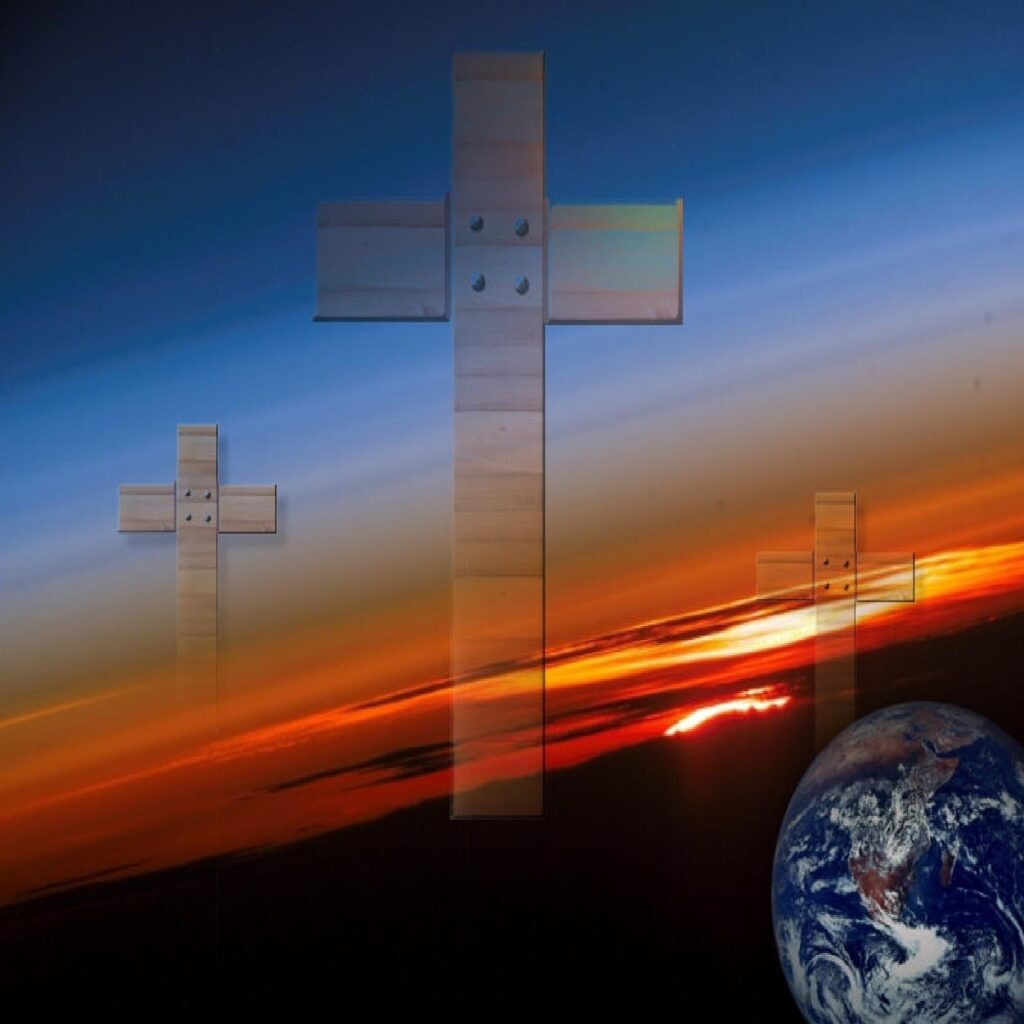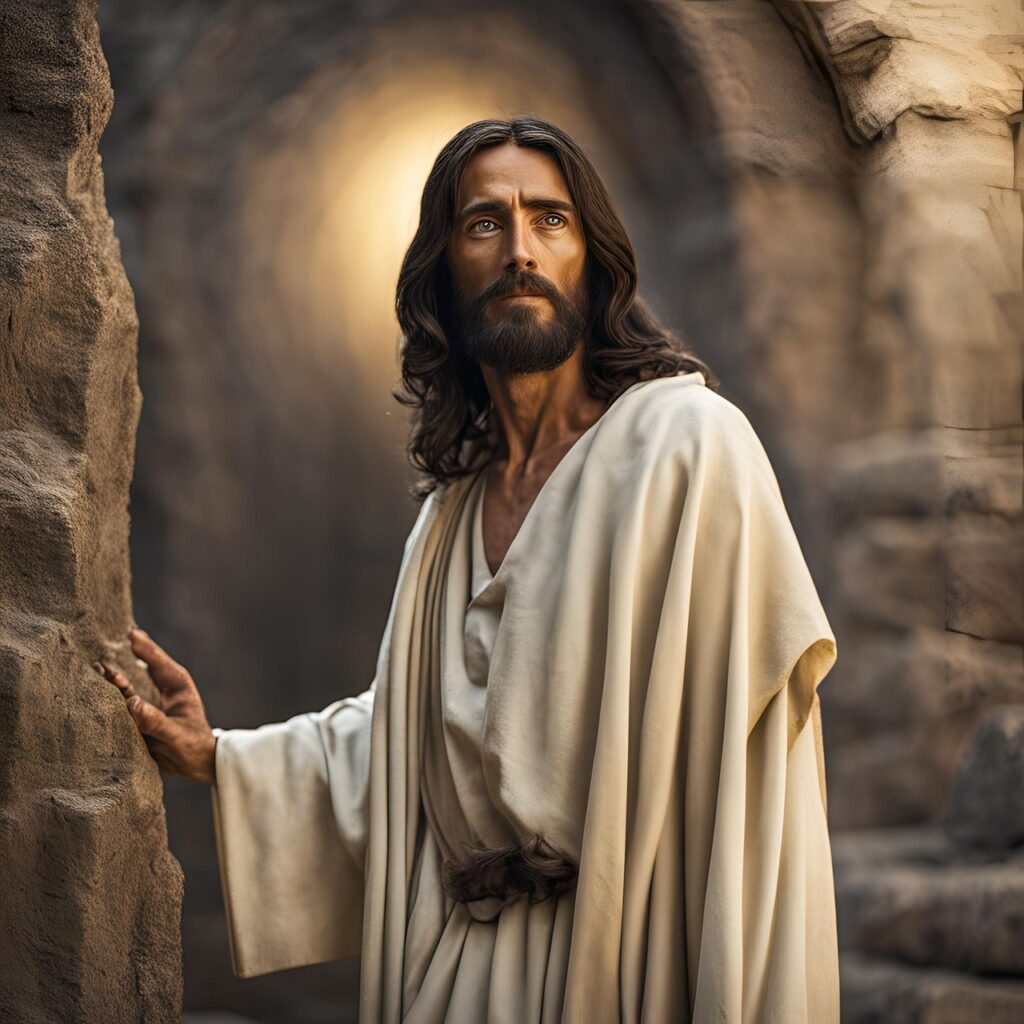Reflection by Bishop Enrique Díaz: Alleluia, alleluia
Easter Sunday

Bishop Enrique Díaz Díaz shares with Exaudi readers his reflection on the Gospel for this Sunday, April 20, 2025, entitled: “Alleluia, alleluia.”
***
Romans 6:3-11: “Christ, once raised from the dead, will never die again”
Psalm 117: “Alleluia, alleluia”
Luke 24:1-12: “Why do you seek among the dead the one who is alive?”
At what time did it happen? How was it? No one can explain it, but everyone experiences it. Like the seed kept in the furrow that sprouts with new life, so Jesus sprouts gloriously with new life. Jesus is alive and makes himself present among his disciples. He “appears” to the women, strengthens those who stray, those who had fled return, and food is shared around the table, strengthening faith in the risen Jesus. Contrary to what one might expect after the crucifixion and death of Jesus, after the desertion of the bravest, after Peter’s denial and Judas’ betrayal, after the horrific events that would leave a feeling of abandonment and failure, on just the first day of the week, women appear proclaiming life and inviting us to remember his words. In the silence of the night and in the darkness of the tomb, the process of the Lord’s resurrection has begun, and it is manifested in the actions of his disciples. The most palpable transformative action of Jesus’ resurrection came from his ability to transform the inner being of his disciples. To those who had seemed scattered, selfish, divided, and fearful, Jesus comes to restore hope, to call them together and reunite them around the community, to show courage in defending the Gospel and filling them with his spirit of forgiveness.
The small community of disciples had not only been dissolved by Jesus’ condemnation and murder, but also by the fear of their enemies and the insecurity that the betrayal of one of its members leaves in a group. Nothing hurts more than seeing oneself betrayed and abandoned by those in whom we have placed our trust and our love. Betrayal and abandonment break the community. Everyone’s hearts were wounded. When it came down to it, everyone was worthy of blame: no one had correctly understood the Master’s proposal. Therefore, those who had not betrayed him had abandoned him to his fate. And if everyone was worthy of blame, everyone was in need of forgiveness. Restoring cohesion to the community of followers, giving them internal unity in mutual forgiveness, solidarity, fraternity, and equality, seemed humanly impossible. However, the presence and inner strength of the Risen Lord achieved it. Christ rises and gives new life, manifested in renewed energy and a strengthened integrity to the community.
The women, yes, the “weak women,” after the Sabbath rest, get ready early in the morning to go find a corpse. Memories and affection prevent them from forgetting the body of the master, and they do not want corruption and decomposition to touch that beloved body. Perfumes and the caresses of those who had been his disciples aim to delay the inevitable. Nevertheless, they search among the dead and hope to find the living in the tomb. And with bewilderment and astonishment, they receive news from the “men,” who reproach them for searching where the one who is now alive cannot be found. They are reminded of his words announcing his passion, his death, and his resurrection. They had not understood them, but now they sound different. Likewise, they had heard his words, but, like the other apostles, they had not understood them. And now they begin to recognize and understand that God cannot leave his Son Jesus to fail. It is the first experience of God rescuing his Son from the tomb. For the first Christians, above any other representation or mental scheme, the resurrection of Jesus is an action of God, who with his creative power, rescues him from death to introduce him to the fullness of his own life. Thus, the women begin what will be the journey of every disciple: to remember and believe the word; a living experience of encountering the risen Lord; and a mission that springs irrepressibly from the thrilling certainty of having the risen Lord in their hearts.
The resurrection of Jesus, for us, his followers, is also a starting point and a touchstone for our faith. We cannot seek among the dead and in a culture of death the one who is alive. It has been said that his words would have no meaning for today’s world, that his actions have been forgotten, that he can no longer be present among us; that he is condemned to death in a society of power, consumption, and self-interest; and yet, Jesus is still alive and has a word of life for our society and for our environments. His resurrection is the transforming force of a society lost in the darkness of injustice, terrorism, corruption, and materialism, where humanity seems to be dead as well. Only the resurrection of Jesus will be able to lift the heavy burden we carry when faith has been lost, when pessimism reigns, and when lies have taken over. The risen Jesus launches us into a new action; there is no force more powerful than death, and Jesus has conquered it. We Christians cannot give up; we continue to follow the triumphant Christ.
Today, on the day of the resurrection, it is useless to go to the tomb to embalm and mourn for Jesus. Today, He is more alive than ever and awakens our hope and our aspirations. Like Jesus, we must pass through death to have life, but like Jesus, we cannot remain in the coldness of the grave. We must rise with Him and generate new life, new hope, and new energy to build His kingdom. “Do not seek among the dead” is a slogan for the renewal of life, of society, of the oppressive structures that plunge us into fear. The true Christian, experiencing the resurrection of Jesus, experiences complete joy and a commitment to building the world of love He proposes to us.
Our God, who through your Son conquered death and opened the doors of full life to us, grant that we who celebrate Easter today may also rise to new life, renewed by the grace of the Holy Spirit. Amen.
Related

Paris Marks 400th Anniversary of the Congregation of the Mission
Exaudi Staff
01 May, 2025
4 min

Reflection by Bishop Enrique Díaz: The Lord’s mercy is eternal. Alleluia
Enrique Díaz
27 April, 2025
5 min

After Eight Days Jesus Arrived: Commentary by Fr. Jorge Miró
Jorge Miró
26 April, 2025
3 min

The Perspectivas del Trabajo Foundation is founded with the aim of promoting virtues for professional development
Exaudi Staff
25 April, 2025
2 min
 (EN)
(EN)
 (ES)
(ES)
 (IT)
(IT)

